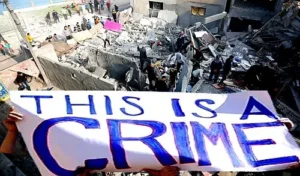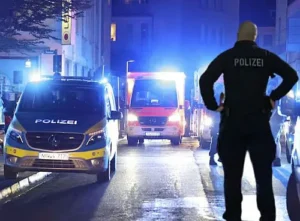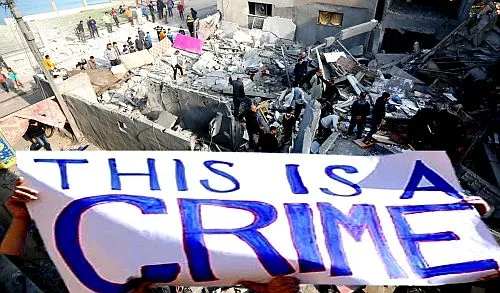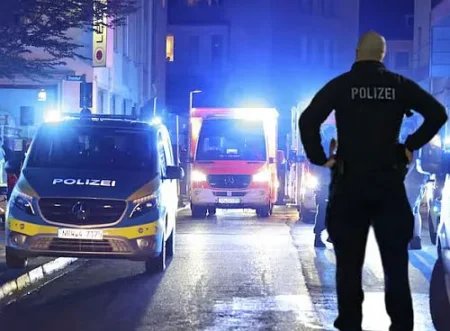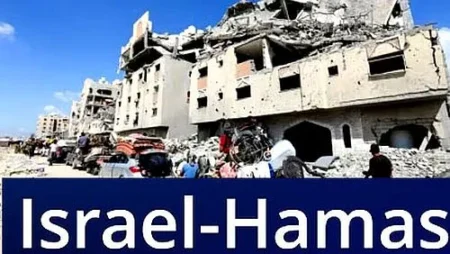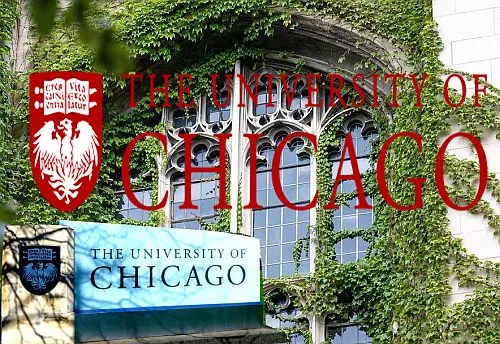Devastation in Deir el-Balah: A Call for Humanity
In the heart of Gaza, the situation has reached a critical point, particularly in the area of Deir el-Balah. Recent reports indicate that approximately 100,000 people have been displaced in just 48 hours, facing dire circumstances as they are forced to evacuate their homes. correspondent, Hind Khoudary, paints a harrowing picture of the chaos unfolding on the ground, where families struggle to protect their loved ones amidst overwhelming despair.
The Immediate Crisis
The scene in Deir el-Balah is nothing short of devastating. Families have been uprooted from their homes, with many lacking the time or resources to find alternative shelter. Streets and sidewalks are crowded with people, many of whom are desperately trying to safeguard their children from the chaos surrounding them. These families are not new to displacement; many have already been forced to flee from other parts of the Gaza Strip due to ongoing evacuation orders and relentless military actions.
As the situation escalates, the distress of the displaced families intensifies. Reports indicate that some individuals remain trapped in the eastern part of the city, unable to evacuate due to artillery shelling and airstrikes. The sheer number of displaced citizens—over 100,000—highlights the magnitude of the crisis. The city, already densely populated, is struggling to accommodate this influx of people seeking refuge.
Living Conditions
With makeshift camps overflowing, the situation becomes increasingly dire. Even public spaces such as beaches and UN schools are being utilised as temporary shelters. However, the facilities are overwhelmed, and many families find themselves without even a basic space to set up their tents. This lack of shelter leads to heightened panic and fear among the displaced, particularly for families with children who are unable to find safe spaces.
The humanitarian crisis is compounded by a severe lack of resources. Gaza has long faced challenges related to food security, and the current situation threatens to exacerbate these issues. The United Nations has warned that more than a million people may not receive the necessary humanitarian food aid this month, leaving vulnerable populations—including children—at risk of starvation and malnutrition.
The Humanitarian Response
The reliance on humanitarian organisations for food aid places enormous pressure on these entities, many of which have their operations hindered by ongoing violence. Humanitarian workers face the grim reality of working in danger zones, and recent reports have indicated injuries among these workers, highlighting the precarious nature of delivering aid in such hostile environments.
In addition to the immediate threat of starvation, there are also concerns regarding public health. The World Health Organization is striving to vaccinate children against diseases such as polio, yet the ongoing conflict complicates these efforts. The desperate circumstances faced by families in Deir el-Balah are a stark reminder of the human cost of war and violence.
A Call for Ceasefire
As the situation unfolds, there remains a glimmer of hope for a ceasefire. Hind Khoudary’s reports reflect the urgent yearning for peace among the Palestinian population, who are eager for an end to the violence that has brought them to the brink of despair. However, achieving a ceasefire is fraught with challenges, particularly given the political dynamics at play.
senior political analyst, Marwan Bishara, emphasises the obstacles to a ceasefire, particularly Israeli Prime Minister Benjamin Netanyahu’s insistence on maintaining a military presence in Gaza. This insistence complicates negotiations and raises fears of a reoccupation, a scenario that Palestinians and mediators alike will not accept.
Political Implications
The ongoing conflict not only endangers the lives of civilians but also has broader implications for regional stability. The potential for a wider conflict looms large, especially if a ceasefire is not reached soon. Bishara warns that without a peaceful resolution, violence could escalate, impacting not only Gaza but also neighbouring regions.
International involvement in the situation has also come under scrutiny. The role of the United States in providing military support to Israel raises questions about the effectiveness of diplomatic efforts to resolve the crisis. Critics argue that the unconditional support provided to Israel undermines the potential for meaningful negotiations and perpetuates the cycle of violence.
The Need for a Shift
As the crisis deepens, there is a pressing need for a shift in strategy. The humanitarian situation in Gaza requires immediate attention, and the international community must play a more proactive role in facilitating a ceasefire. The lives of countless civilians hang in the balance, and the urgency of the situation cannot be overstated.
Each passing day without a ceasefire exacerbates the pain and suffering of those caught in the crossfire. The plight of families in Deir el-Balah serves as a stark reminder of the human cost of conflict. The time for action is now, and the voices of those affected must be heard.
A Vision for Peace
Ultimately, the path to peace requires a collaborative effort from all parties involved. The international community, regional players, and local leaders must come together to forge a sustainable solution that prioritises the well-being of civilians and addresses the root causes of the conflict. Only through genuine dialogue and understanding can we hope to achieve lasting peace in Gaza.
“We are at a crossroads, and the choices made in the coming days will shape the future of the region.” – Marwan Bishara
The humanitarian crisis in Deir el-Balah is a call to action for all of us. As we witness the suffering of families who have already endured so much, we must advocate for their rights and well-being. The world cannot turn a blind eye to the devastation unfolding in Gaza; it is imperative that we stand in solidarity with those affected and demand an end to the violence.
Conclusion
In conclusion, the situation in Deir el-Balah is a stark reminder of the urgent need for humanitarian assistance and a political resolution to the ongoing conflict. The families affected by this crisis deserve our attention and support, and it is our collective responsibility to ensure that their voices are heard. Let us work together to promote peace, protect the vulnerable, and strive for a brighter future for all.
